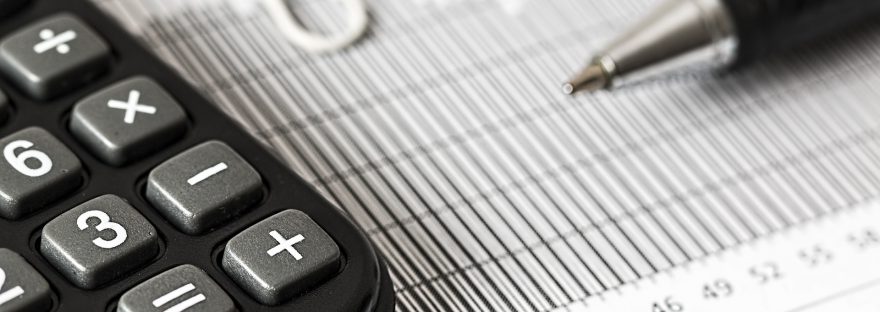Advice and Tips on Creating Your First Budget
Creating a budget is one of the most crucial parts of becoming financially secure. However, only 40 percent of families in the United States have a working budget. Some people are unsure of where to start or the whole idea of creating budget makes them too overwhelmed to try. While creating a budget can be overwhelming at first, it provides you with peace of mind that all of your bills are being paid on time, and you’ll be able to get out of debt while building wealth. Both outcomes are sure to alleviate financial stress.
Getting Started
While you may have an approximate idea of how much money you’re spending monthly, breaking it down to the penny can really open your eyes to potential ways you could be cutting back, saving, and investing. You may be surprised at how much you’re spending in certain categories. You may be also be shocked to see how much you could be setting aside.
Without a budget, you’re spending money on items you need and want without determining whether or not you can truly afford them. Luckily, making a budget can be a smooth and painless process. The first step is to decide to work on a budget. As previously mentioned, this is sometimes one of the hardest steps.
Determining Cash Flow
Once you’re ready to make the budget, determine how much money you already have. Include money in your savings, checking, and investment accounts. Next, determine how much you make each month. If you make a predictable amount, this is an easy step. Just be sure to use the net income, which is the amount after taxes and any automatic withdrawals from your check, such as insurance premiums, life insurance policies, or 401(k) payments.
If you work as a waitress or have a job where your hours aren’t steady, pinpointing your net income can be difficult. The best approach is to determine the average monthly amount of income over the last 6 to 12 months. “If you want to be extra conservative, you can choose the lowest monthly amount you have earned in the last year, which will hopefully provide you with a worst case scenario,” suggests Money Crashers.
Determining Spending Capability
In order to know how much money you have available for recurring monthly expenses (such as groceries and gas), as well as how much to set aside for savings and spend on wants, you must figure out your net worth. This is different than your net income and is found by subtracting your debt from your net income. To figure out your debt, add up credit card payments, student loans, mortgages, car loans, etc. In a separate area, keep track of the balances and pay off dates for each debt.
Tally up your recurring monthly expenses. Create categories for the expenses. You can be as general or as specific as you would like, as long as you determine an average amount of expenses for each category. Add up Internet, phone, and cable bills, as well as car, life, and homeowners or renters insurance. Keep your gas and grocery receipts for a month to get an average. Average out utility bills over four months, and don’t forget to factor in items that happen less frequently, such as haircuts and oil changes. You may also wish to factor in money for gifts and holidays.
Keeping Track
Enter all of your information into a database to create a detailed budget. You can use programs like Excel or online budgeting tools like Mint or You Need a Budget (YNAB) to make it easier to make and track your budget. Be sure to monitor your budget a few times a week. Once you’ve created the budget, make paying bills easier by taking advantage of automated monthly payments. Almost all companies offer the convenience of online payments. Although these sites are extremely secure, it’s not impossible for someone to access your information and commit fraud. Closely monitor accounts so you can quickly spot any discrepancies.
Knowing that you’re making good financial choices will provide you with a feeling of security, and can steer you away from living paycheck to paycheck. If you create and follow budget, you’ll be on your way to building up savings. A budget alleviates stress and secures your future.

